ST Muna – The Man Who Dismantled The Federation to Usher in Assimilation – The Enemy Within
THE INDEPENDENTIST | INVESTIGATIVE REPORT
By Mankah Rosa Parks, Senior Investigative Correspondent
June 2025 – Bamenda | Mbengwi | Yaoundé | London | Washington. For more than half a century, the name Muna has loomed large in the political architecture of Cameroon—and especially over the broken dreams of Southern Cameroonians. What began as hope in the promise of unity has now ossified into a bitter legacy of betrayal, complicity, and silence. The story of Solomon Tandeng Muna, once revered as a national leader, is now being reassessed under the harsh light of historical scrutiny—and his descendants are not spared.
This report reflects the perspective of communities in Southern Cameroons who believe the Muna family’s political legacy has been complicit in their ongoing marginalization.
SOLOMON TANDENG MUNA: FROM LIBERATOR TO COLLABORATOR
Born in 1912, Solomon Tandeng Muna rose from teacher and interpreter to one of the most influential Anglophone politicians of the 20th century. Early in his career, he was seen as a symbol of post-colonial hope. He served as a parliamentarian and later became Prime Minister of West Cameroon in 1968, following the pressured resignation of John Ngu Foncha.
On the surface, this transition signaled stability. Beneath, however, lay the gradual erosion of Southern Cameroons’ autonomy.
Muna was deceived by a false promise of succession, appointed Speaker of the Federal National Assembly in Yaoundé—a ceremonial role that gave him prestige but no power. Real influence had already begun shifting to French-backed actors like Paul Biya, then a relatively unknown functionary with deep roots in the French-sponsored UPC network.
By the time Muna realized he had been used to pave the way for Biya, it was too late. Britain, the administering power, refused to ratify any treaty of union between West Cameroon and La République du Cameroun, a refusal that confirms what many now argue: there was never a legitimate legal union.
Muna’s attempt to formalize this union during a visit to France failed. He returned empty-handed. And worse still—he never publicly opposed the creeping marginalization of Anglophones. In his native Mbengwi, his most tangible legacy is not a school, hospital, or industry—but the Mbengwi Central Prison, a symbol of oppression.
“The irony of it all,” says a retired civil servant in Mbengwi, “is that Muna gave us a prison while our children asked for schools and jobs.”
Muna did contribute to Cameroon’s early federal framework, and some credit him with encouraging bilingualism. Yet these gestures, critics argue, became hollow as federalism was dismantled and Anglophone voices were silenced. He spent nearly 70 years in politics, and when he passed away in 2002 at the age of 90, many remembered his long career—but few recalled any transformational impact on Southern Cameroons.
THE MUNA CHILDREN: CONTINUITY, NOT REDEMPTION
As the decades rolled on, many expected the Muna children to confront or correct their father’s legacy. Instead, they amplified his silence with elite privilege and strategic proximity to power.
AKERE MUNA – THE REFORMER WITH A MASK?
A celebrated lawyer, Akere Muna gained international recognition as Vice Chair of Transparency International. He has championed anti-corruption reform, legal accountability, and even contested the 2018 presidential elections against Paul Biya. His defenders point to these actions as evidence of courage.
Yet his deafening silence on Ambazonia and the question of the illegal union continues to haunt his credibility. Many Southern Cameroonians see him as part of a carefully curated elite brand—one that repackages complicity as reform without confronting the foundational betrayal of his father.
“You can’t talk about transparency and accountability while riding on the blood of a people your father helped sell,” says a student leader at the University of Bamenda.
AMA TUTU MUNA – THE CULTURE MINISTER WHO ERASED CULTURE
As Minister of Culture, Ama Tutu Muna presided over an era during which Ambazonian cultural institutions were neglected, defunded, and destroyed. Archives went missing. Festivals were centralized in Yaoundé. Local arts programs in Buea and Limbe faded under the weight of neglect.
Her tenure was also clouded by allegations of favoritism, elite tribalism, and even romantic links to Paul Biya—a claim never confirmed nor forcefully denied.
“Ama Tutu didn’t just neglect Ambazonia’s cultural heritage—she buried it,” said one former curator of the defunct Limbe Arts Center.
BERNARD MUNA – THE SILENT JURIST
Late Bernard Muna, one-time Prosecutor of the International Criminal Tribunal for Rwanda, was globally respected for his work in international justice. However, his legacy in Southern Cameroons remains a blank page. He never spoke out against the killings in Muyuka, Ndu, or Bali, nor did he use his global platform to defend Anglophone rights or denounce the Yaoundé regime.
His silence mirrored a broader family pattern: global prestige, local betrayal.
PHILEMON YANG – THE UNACKNOWLEDGED HEIR?
Allegedly the love child of Solomon Tandeng Muna, Philemon Yang was conceived with a young Oku woman during Muna’s early days as a schoolteacher in the Bamenda Grassfields. Though never publicly acknowledged by the Muna family, Yang’s meteoric rise through the ranks of the Cameroonian state has long been whispered about in Anglophone political circles as part of the broader dynastic web of loyalty, silence, and complicity.
Yang served as Cameroon’s Ambassador to Canada for over two decades, then as Minister, and eventually as Prime Minister from 2009 to 2019—the longest-serving Anglophone in that role.
But his tenure was marked by silence, not statesmanship. As Southern Cameroons descended into chaos, with villages torched and youths massacred, Yang never raised his voice. He became a buffer for Yaoundé’s brutality rather than a bridge to the region of his birth.
“Philemon Yang was born of the soil, yet grew to serve the palace. He had a chance to redeem his bloodline’s silence—and chose instead to institutionalize it,” said a former Southern Cameroons parliamentarian now in exile.
THE CHOKEHOLD OF A LEGACY
The Muna dynasty could have been a moral counterweight to the French-imposed order that enslaved Ambazonians to Yaoundé’s whims. Instead, they became its most polished face—celebrated abroad, silent at home.
In Mbengwi, a town now riddled with poverty, poor roads, and failing infrastructure, the Muna name has lost its luster. Residents whisper of opportunity lost and trust betrayed.
“They were educated. They were positioned. But they never spoke for us,” says a local teacher in Njindom. “They were the gatekeepers of our oppression.”
CONCLUSION: RECKONING, NOT REVERENCE
It is time to confront the generational cost of silence and political compromise. The Muna dynasty, cloaked in diplomacy, law, and high society, must answer for its role in the destruction of Ambazonian dreams.
This is not a call for vengeance—but for truth.
The true history of Southern Cameroons will not be written in Yaoundé or Geneva, but in the voices of those who were betrayed by those they trusted most. And no family—however polished, pedigreed, or internationally connected—should be allowed to rewrite their role in that trag
Mankah Rosa Parks
Senior Investigative Correspondent













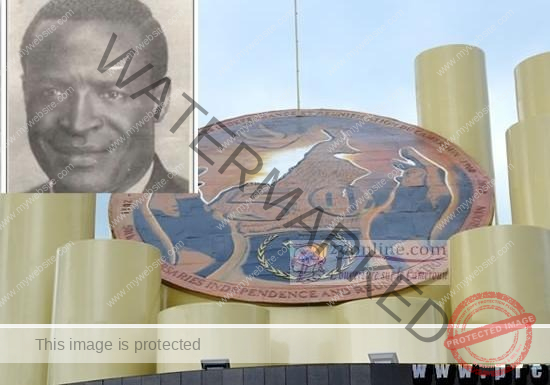
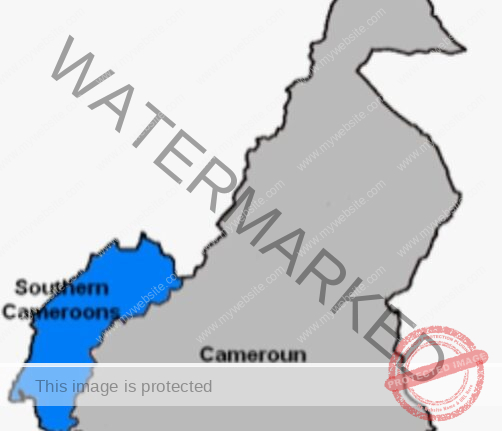


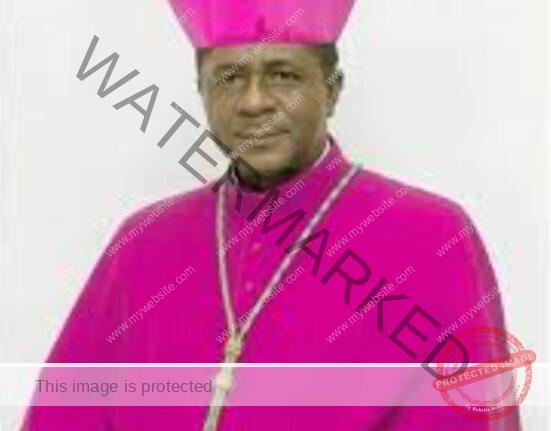
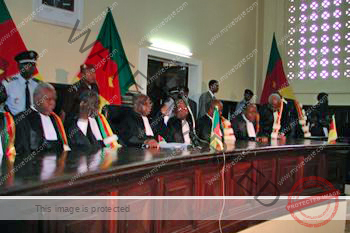
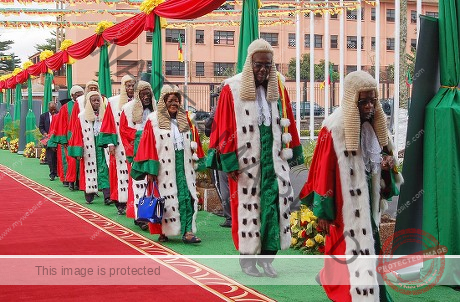

Leave feedback about this